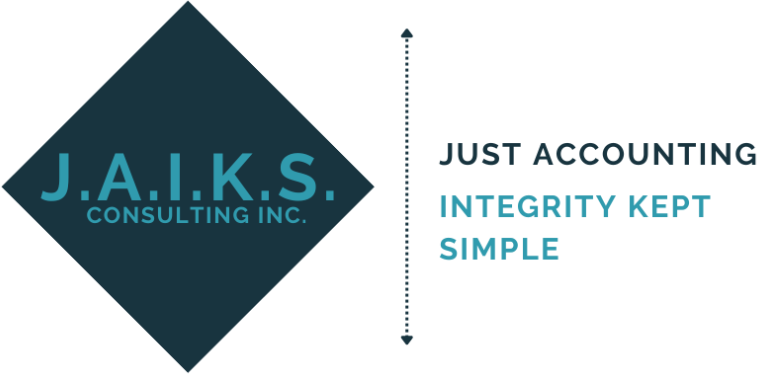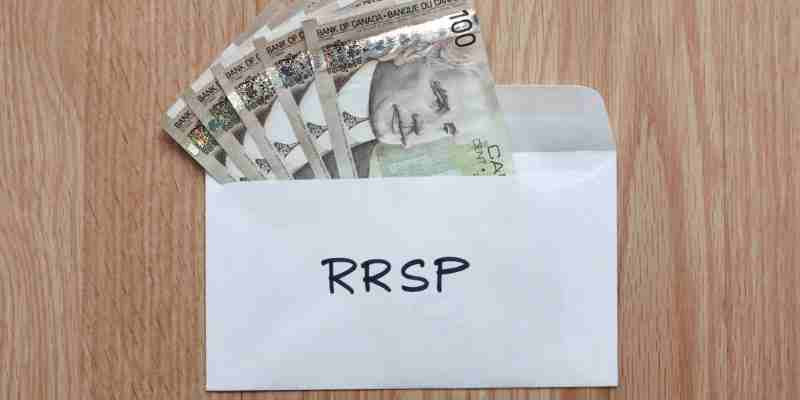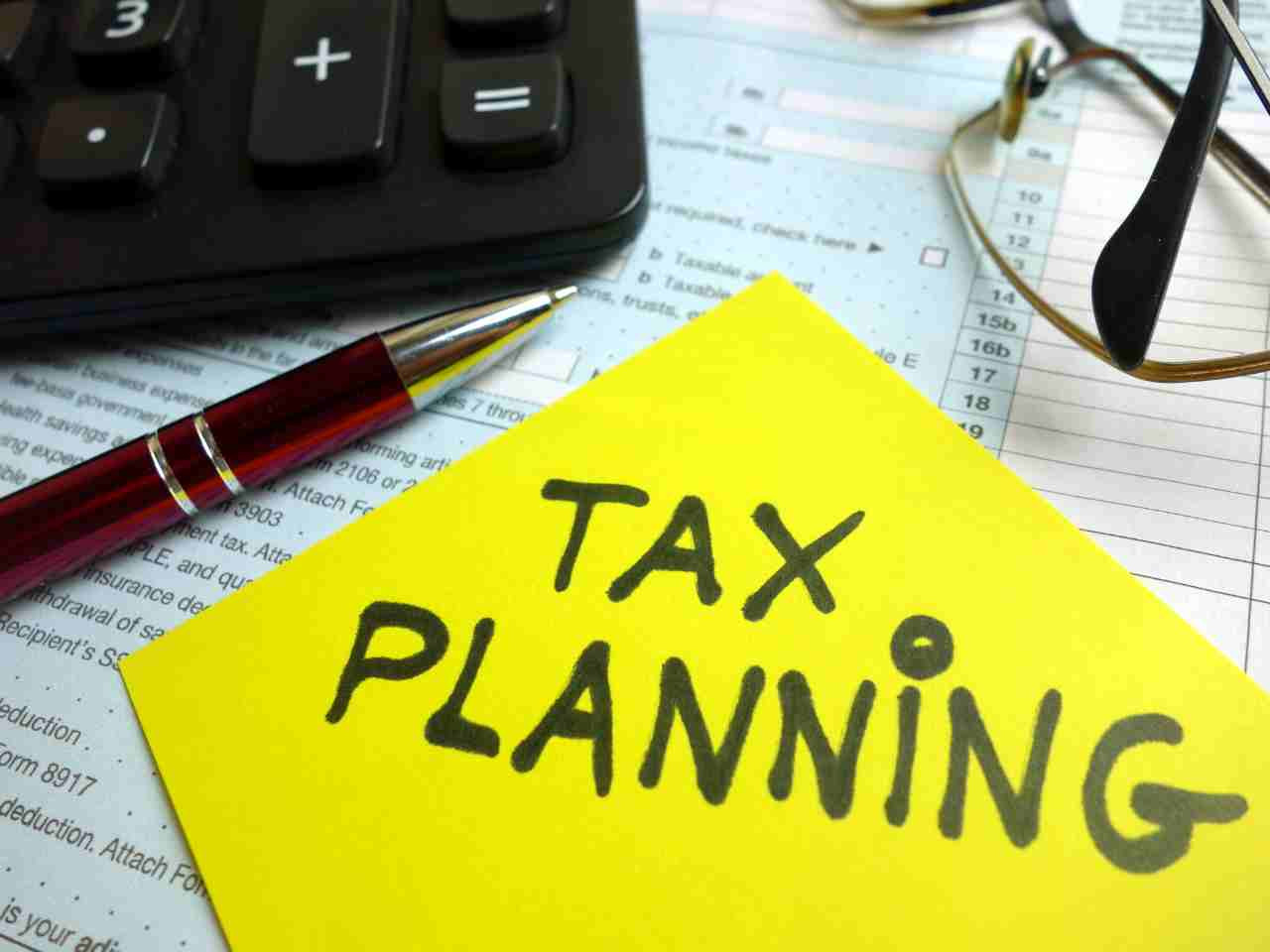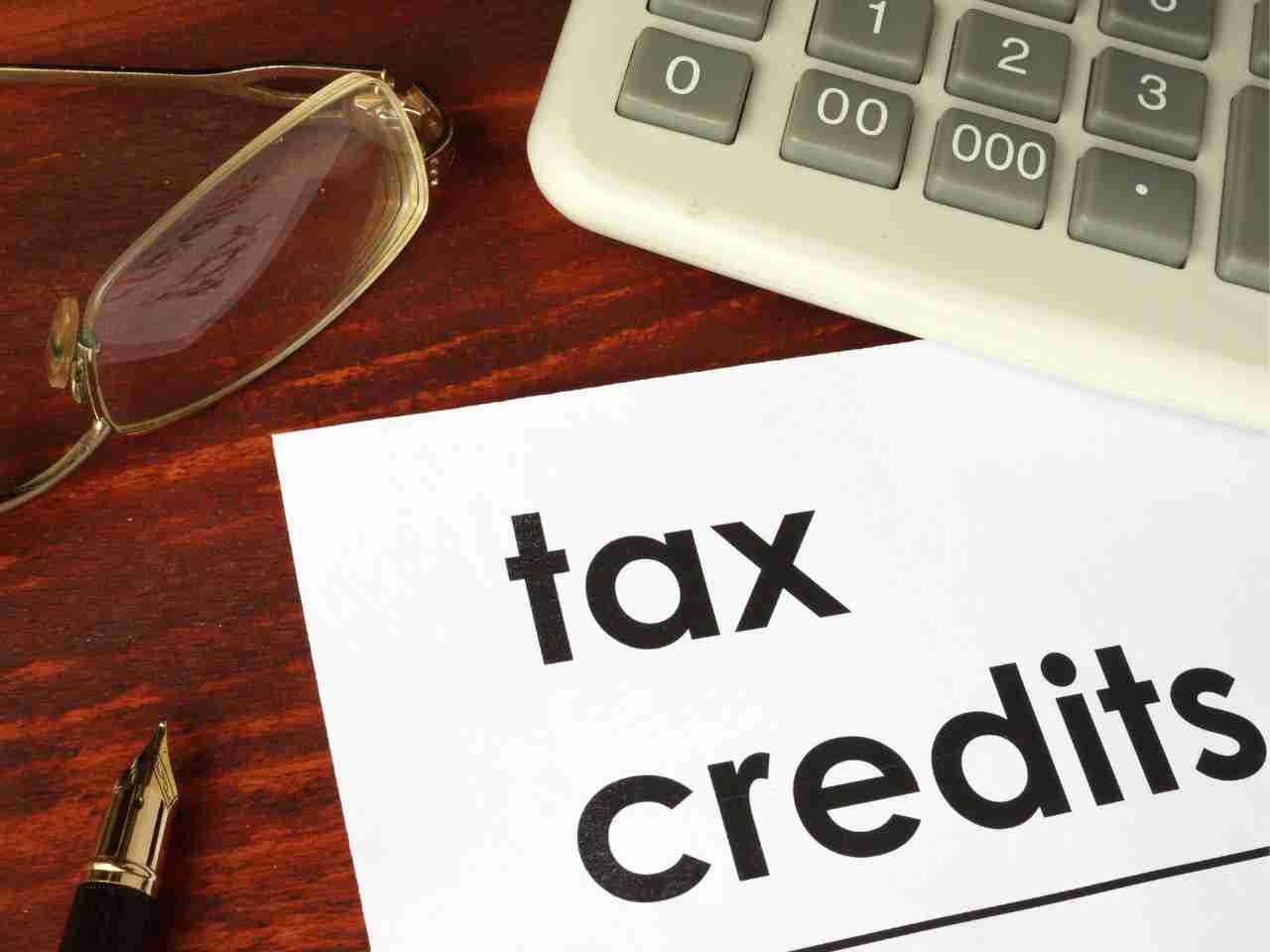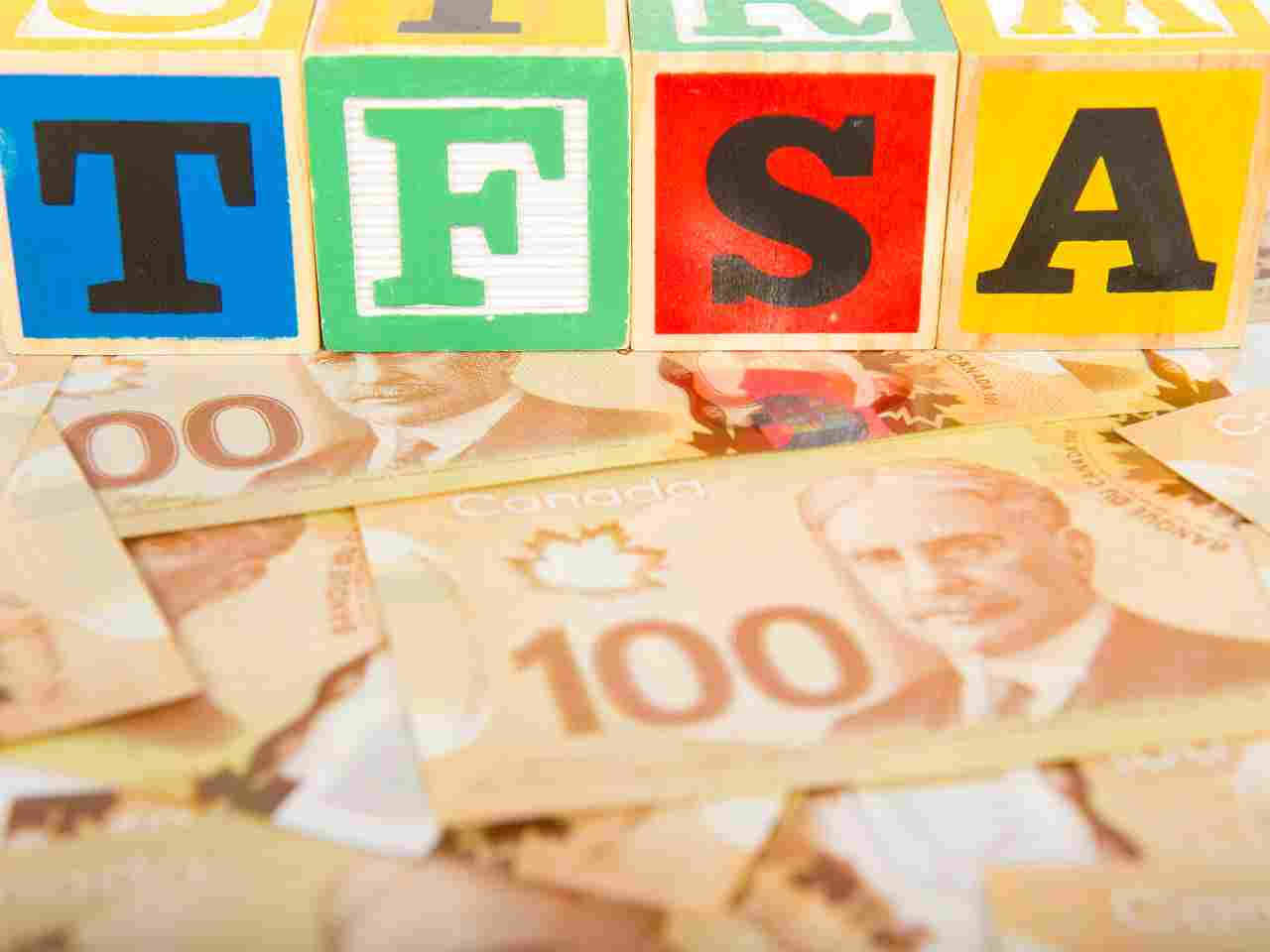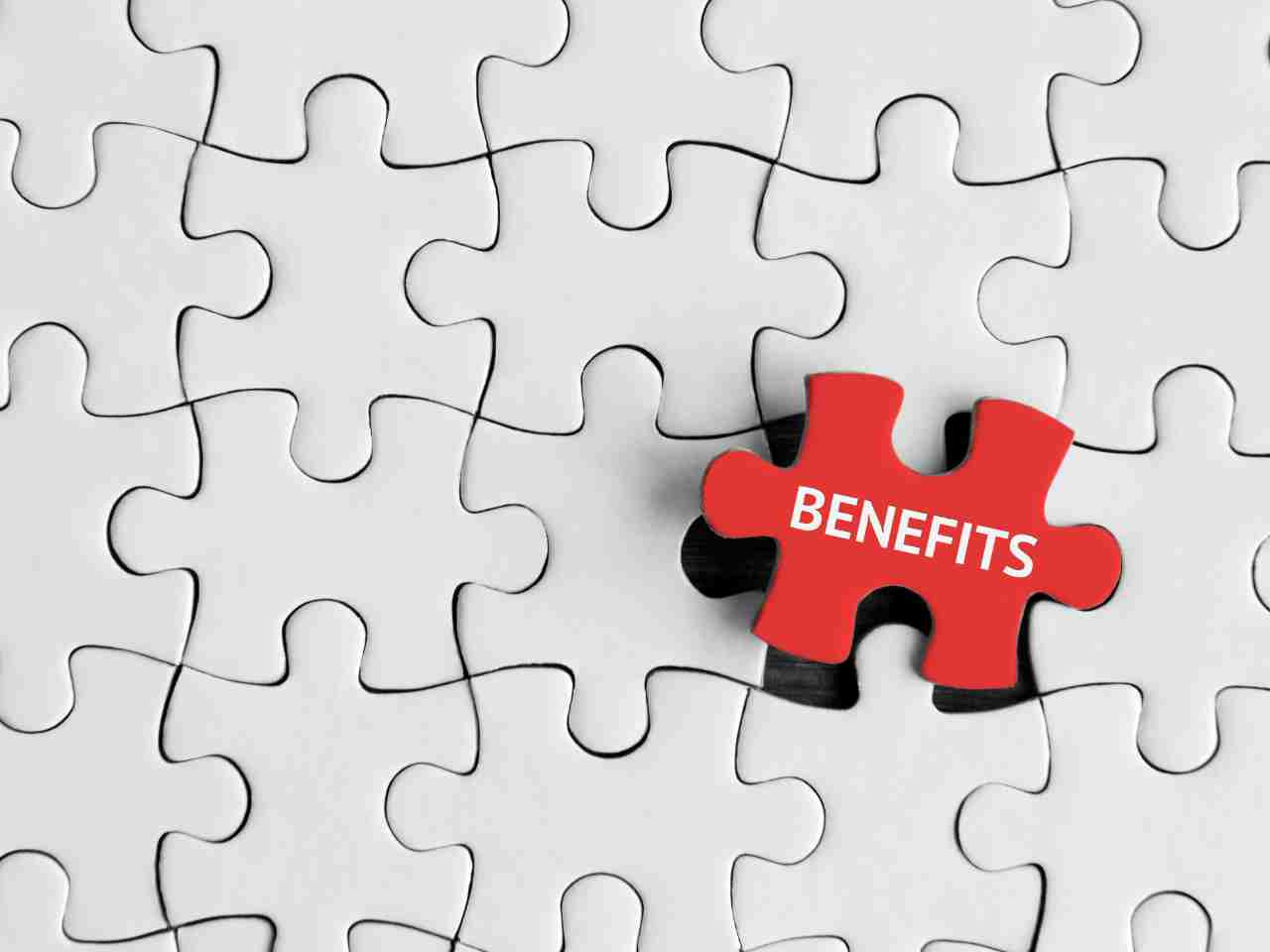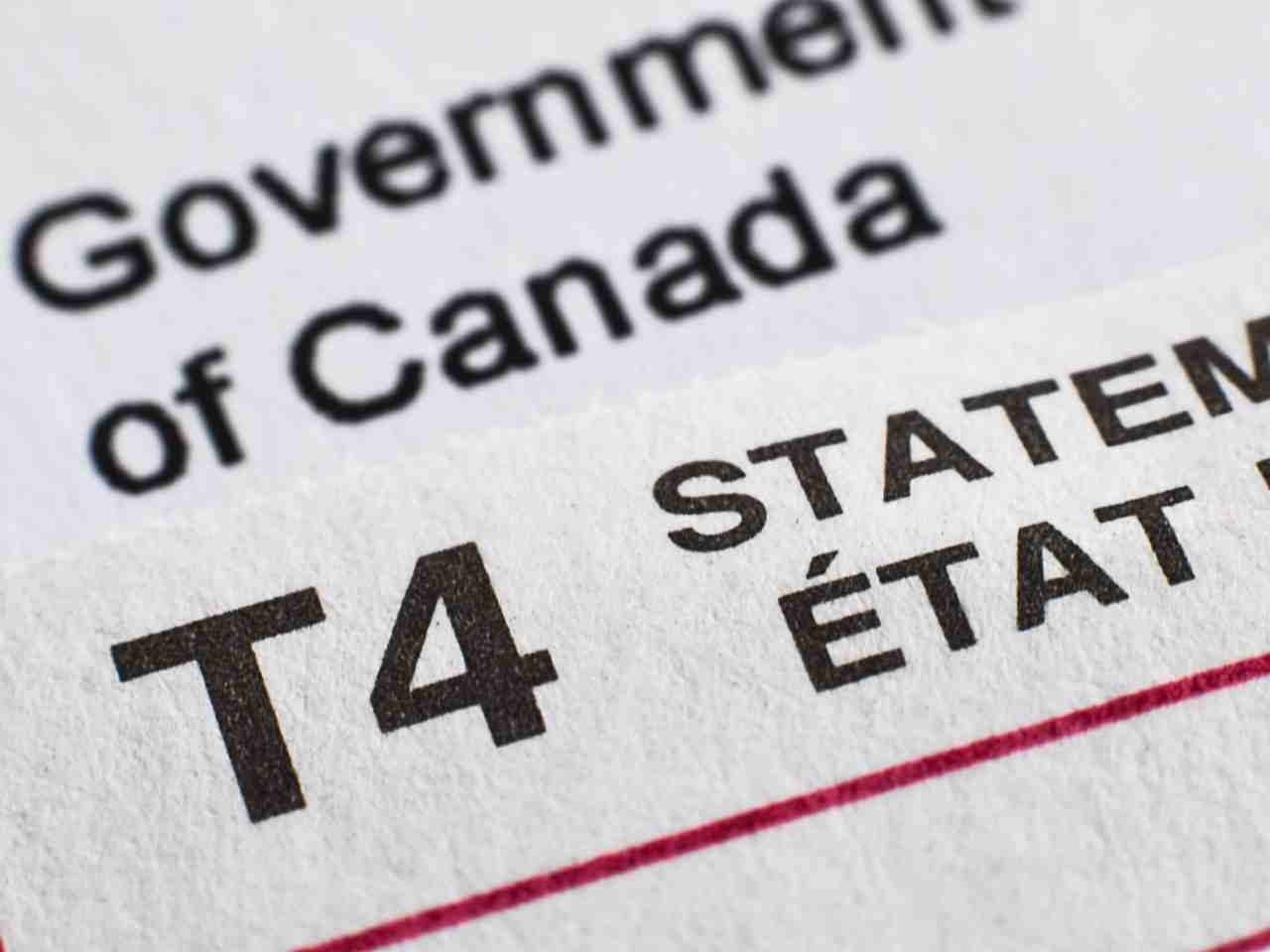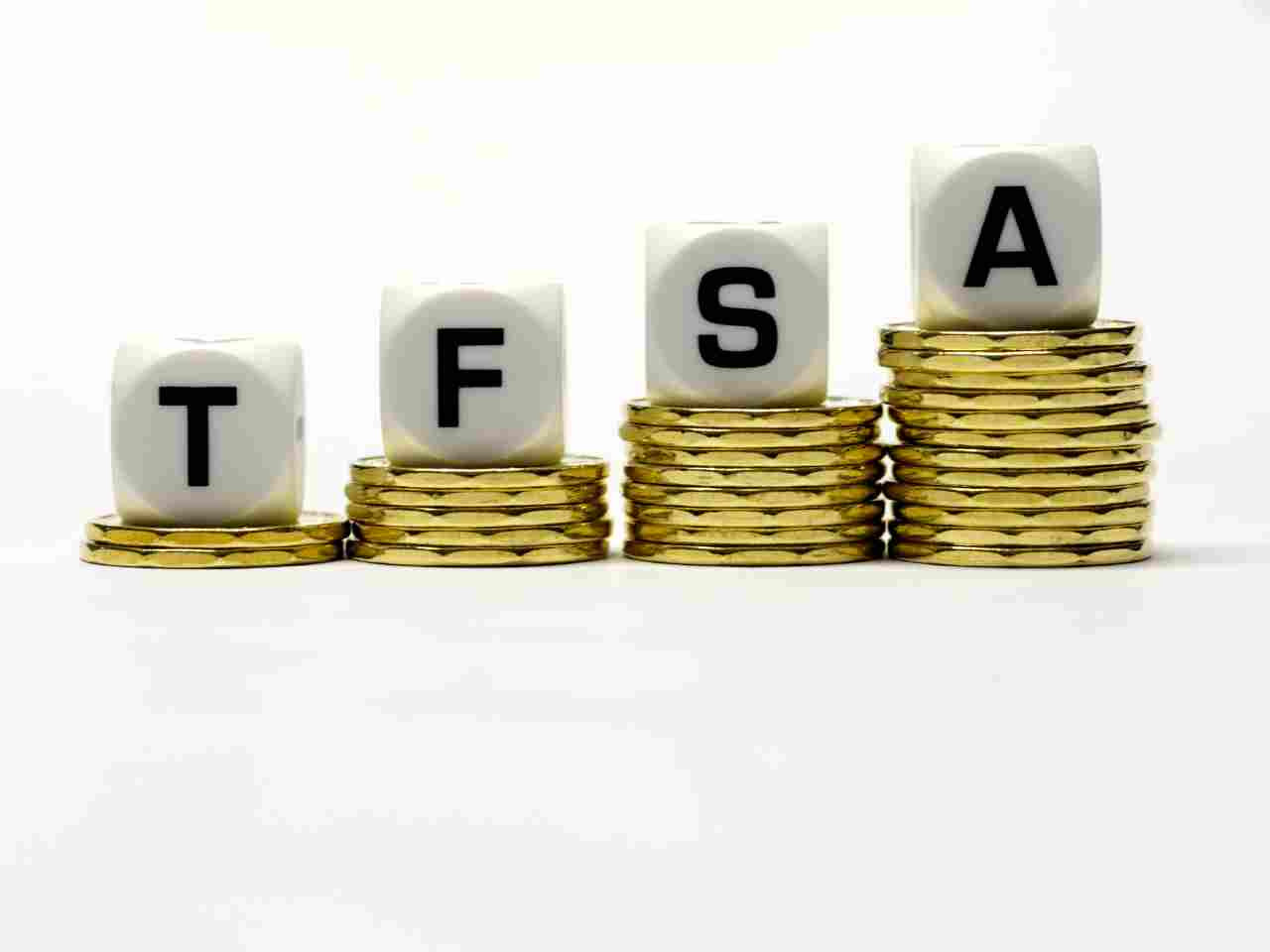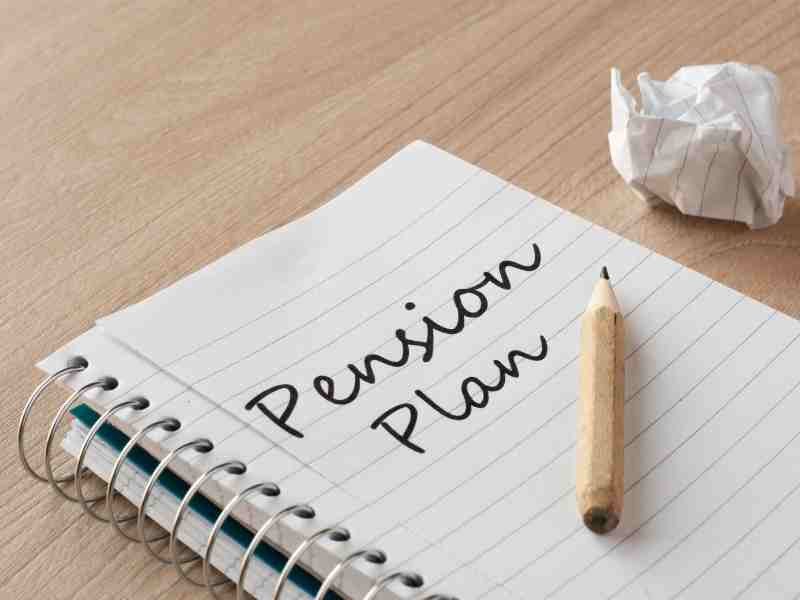J.A.I.K.S. BLOG
Welcome to J.A.I.K.S. Blog, a place where we will provide you with a variety of resources on accounting, taxation and other related subjects suited for both individuals and/or their businesses.
We hope you can find the answers to your questions and/or curiosities, and always know we are here to help if you need more.
Follow us on Facebook or find us on LinkedIn - we are always eager to give you more!
Disclaimer:
The content provided in this blog is for general informational purposes only and is not intended as professional accounting, tax, or financial advice. While efforts are made to ensure the accuracy and timeliness of the content, errors or omissions may occur. The content does not constitute a client-advisor relationship. Readers should consult with a Chartered Professional Accountants or other financial professional for advice tailored to their specific needs. We are not liable for any actions one might take based on the information provided in this blog.
We thought it would be a good time to discuss the medical expense deduction on your tax return, as the end of the year is fast approaching.
An RRSP is more than simply an account for retirement savings. Yes, it’s a must-have when saving for retirement, but the Registered Retirement Savings Plan (RRSP) is an effective tax-planning tool.
A cash flow projection can act like an early warning system for any period. A leading cause of business failure is a lack of cash flow management, but by taking some simple steps in managing it, you will find it can improve your business outcome.
As the 2022 tax year is behind us, it is a good idea to start early and plan for 2023. Here are some suggestions on how you can save money on your Canadian income tax for this year:
First Home Savings Accounts, or FHSAs combine the concept of Tax-Free Savings Accounts and Registered Retirement Savings Plans. For people aged 18 and older, like an RRSP, contributors receive a tax deduction on contributions and TFSA-like tax-free withdrawals when using the savings to buy a home. Further, any investment gains earned in the account are tax-sheltered. Unlike the Home Buyers’ Plan (HBP), the FHSA does not need to be repaid.
When considering a fuel-efficient vehicle such as a hybrid, or an alternative fuel model you should know that the Canadian Government, as well as some provinces, provide rebates.
If you believe that you were eligible for the Disability Tax Credit (DTC) in previous years but did not claim it, you may be able to make a retroactive claim. Retroactive claims allow you to request adjustments to previous tax returns and potentially receive refunds for the missed credits.
For low-income individuals in Canada, claiming the Disability Tax Credit (DTC) can provide additional financial benefits through refundable tax credits and other programs. Here are some key points to consider:
Bookkeepers also play an important role in helping companies manage their financial records, ensuring accurate and up-to-date financial information, and providing valuable insights that can drive strategic decision-making when combined with your accountant. Some of the ways bookkeepers contribute are:
As we spoke about in our last post, as your bookkeeper, we handle the day-to-day financial transactions and record-keeping. Your accountant takes a more analytical and strategic role in interpreting the data, providing financial advice, and ensuring compliance with financial regulations.
In Canada, gifts and inheritances are generally not taxable to the recipient. However, there are some important nuances and exceptions to consider:
In Canada, gifts from an employer can be considered taxable benefits in certain circumstances. The taxation of employer-provided gifts depends on several factors, including the nature and value of the gift, the frequency of such gifts, and the specific rules set by the Canada Revenue Agency (CRA).
In Canada, gifting a capital property is considered a disposition for tax purposes. When you gift a capital property to someone, it is treated as if you have sold the property at its fair market value (FMV) at the time of the gift. This means that you may be subject to capital gains tax on any accrued gains in the property's value up to the date of the gift, even though you didn't receive any cash in return.
As tax laws and regulations change, it's crucial to consult with a tax professional or check the latest resources for the most up-to-date information.
Here are some common steps individuals may take at the end of the tax year:
How to maximize tax refunds as a college student in Canada
Maximizing your tax refunds as a college student in Canada involves understanding the tax credits and deductions available to you and ensuring you claim them correctly on your tax return. Here are some tips to help you maximize your tax refunds:
The choice between a Tax-Free Savings Account (TFSA) and a Registered Retirement Savings Plan (RRSP) depends on various factors, including your financial goals, current income, and retirement plans. Here are some key considerations for both:
Filing your personal Canadian income tax return can also help you qualify for various government benefits. Here are some examples:
Opting for a Certified Professional Bookkeeper (CPB) instead of managing bookkeeping tasks independently offers several advantages:
For small businesses in Canada, simplicity and efficiency are key when choosing an accounting procedure.
An up-to-date business balance sheet is a critical financial statement that provides a snapshot of a company's financial position at a specific point in time. It lists the company's assets, liabilities, and shareholders' equity. Here are several scenarios where having an up-to-date balance sheet is particularly beneficial:
Balance Sheets are not just for Corporations, but are equally important for Sole Proprietors for the following reasons:
Deciding whether a sole proprietor should incorporate in Canada depends on various factors, including tax considerations, liability protection, business growth plans, and administrative responsibilities. Here are some key points to help make that decision:
In Canada, capital gains are taxed when you sell an investment or property for more than its purchase price. However, there are several strategies to reduce or avoid capital gains tax. Here’s how you can manage it:
When advances or loans are made to shareholders this should be recorded in a general ledger account set up for this purpose. If a loan is made for which the interest would be tax deductible for the shareholder, it is important to track this loan separately from other advances or loans.
When a Tax-Free Savings Account (TFSA) holder passes away, the handling of the account depends on whether the account has a named successor holder or a designated beneficiary. Here’s a breakdown of the main scenarios:
The Canada Small Business Financing Program (CSBFP) is a federal initiative that helps small businesses obtain financing to start, expand, modernize, or improve their operations. Administered by Innovation, Science and Economic Development Canada (ISED), the program encourages lending institutions to provide loans to small businesses by sharing the risk with the government.
This article is timely, with the end of the year in sight.
A Registered Retirement Income Fund (RRIF) is a retirement income vehicle in Canada, designed to provide a steady income stream to retirees by converting savings from a Registered Retirement Savings Plan (RRSP) into taxable income. Here's how it works:
Now that you understand how a RRIF works, you need to take the Tax Implications of RRIF Withdrawals into account to maximize your income. Not doing so could lead to lower returns in your pocket.
The age at which you should start taking Canada Pension Plan (CPP) benefits depends on your personal financial situation, health, and retirement plans. You can begin taking CPP anytime between age 60 and 70, but the timing significantly impacts your monthly payments.
Here’s a breakdown of the key factors to consider:
Federal Tax Credits Helps Business Save
Canadian federal tax credits are designed to encourage specific business activities, improve competitiveness, and reduce the overall tax burden for businesses. To help you find which credits you may be eligible for, we’ve put together this handy list of links to each one.
